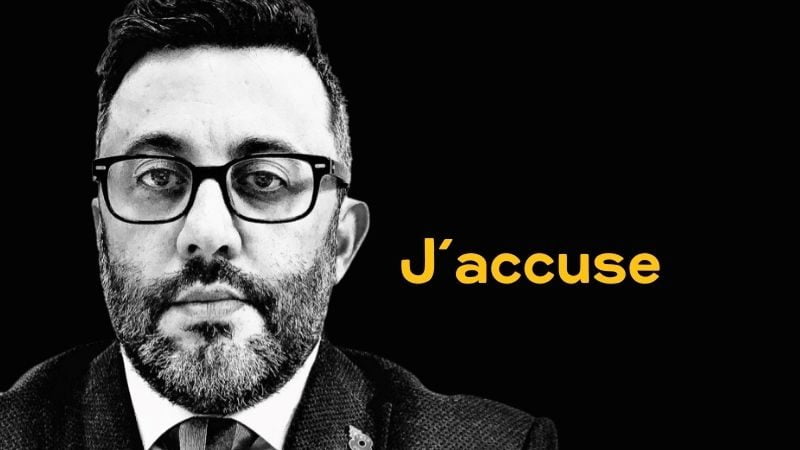The four years that have passed since Daphne Caruana Galizia’s assassination have not been enough for the majority to grasp the gravity and significance of that horrible event. Often, her premature demise is treated as a murder, and the expressions of condolence proffered in such cases are measured to just the right amount of what is deemed to be a socially acceptable expression in case of such a bereavement.
Resort is often had to a faux Catholic solidarity all the while qualifying any kind of empathy with the proviso of ‘notwithstanding what she wrote, nobody deserves to die that way’. Over four years the public has been fed lifelines in order to assuage what could possibly be the (admittedly inconspicuous) collective guilt that should be felt by society when one of its daughters loses her life on its watch.
With every one of the 1,460 days that passed, the ridiculous excuses of “Where is the laptop?” or “Why was the car parked outside?” were submerged under a more mundane dumbing down of the context of what happened on 16 October 2017.
Even the early spin attempting to link the killing to some petrol-smuggling network could afford to be abandoned as the public was numbed into seeing the occurrence through the tried and tested lenses of partisan iconography. This was the world where killings occur occasionally and are to be condemned for the senseless murders that they are.
Daphne Caruana Galizia was not murdered though. She was brutally assassinated. There is an ever so subtle difference between the two terms, murder, and assassination. A murder is personal and can be done for love, anger or greed. Your Montalbano story if you like. A crime of passion between lovers? A killing for an inheritance? Murderers usually benefit directly from their victim’s death.
An assassination differs from a murder in motive. Assassinations are conducted for political reasons and the target is usually an important person whose killing will impact many people. An assassination does not benefit the perpetrator of the killing. Instead, an assassination is usually employed to eliminate political obstacles and the ‘beneficiaries’ of an assassination can be numerous.
Daphne Caruana Galizia was assassinated because of what she wrote. This is the most basic and essential realisation that still needs to be drummed home. Daphne Caruana Galizia had become a political obstacle and inconvenience. Her writings threatened to undo the corrupt web of what we call politics on our tiny island and there should be no remaining shred of doubt that she was assassinated because she had become an obstacle.
Unless this fact is registered – that in 21stcentury Malta an investigative journalist can be assassinated because she constitutes a political obstacle – we cannot begin to reform and heal. Speaking on Saturday, Matthew Caruana Galizia said that “Malta still lacks the competence or will to prosecute anyone close to political leadership”.
The context of Daphne Caruana Galizia’s assassination is the institutional meltdown in which it occurred. It is no small matter. It is also what the establishment fights so hard to mask. The fact that Robert Abela and his government still do not make the slightest commemorative nod on the anniversary of the assassination is the least of our problems.
The greater problem is that the rule of law backslide which provided fertile ground for an assassination of a journalist is nowhere near being halted. Our representative institutions have proved to be incapable of turning the tide and we are on the cusp of an election that will only serve to reinforce the negative trend.
The famous last line on Daphne’s blog reverberates in my ears whenever I make such considerations. The desperate situation we live in, the crooks who manifest themselves in the political and economic realities of today. Nothing has changed. As Matthew said, “the situation as it was back then persists”. Konrad Mizzi laughs in the face of parliament, a lack of accountability and a sense of generalised impunity prevail.
It is important that Daphne Caruana Galizia is remembered. Preferably not just every anniversary of her assassination but also every day. It is just as important to remember why she was assassinated and by whom. I do not mean the low-lives who planted the bomb under her car that day, but rather those who employed them and the system that stood to benefit from her disappearance.
Daphne Caruana Galizia was assassinated because she wrote.
Because of what she wrote.
Never forget that.













And because if what she was going to write and reveal. The horrendous bomb that killed her was intended to do more than that. It was intended to frighten us all into submission, a warning to others who had information to keep their mouths shut.
The white noise that came after the assassination was designed to reinforce the deafening silence that followed even from formerly upright citizens.